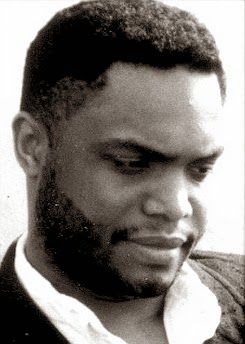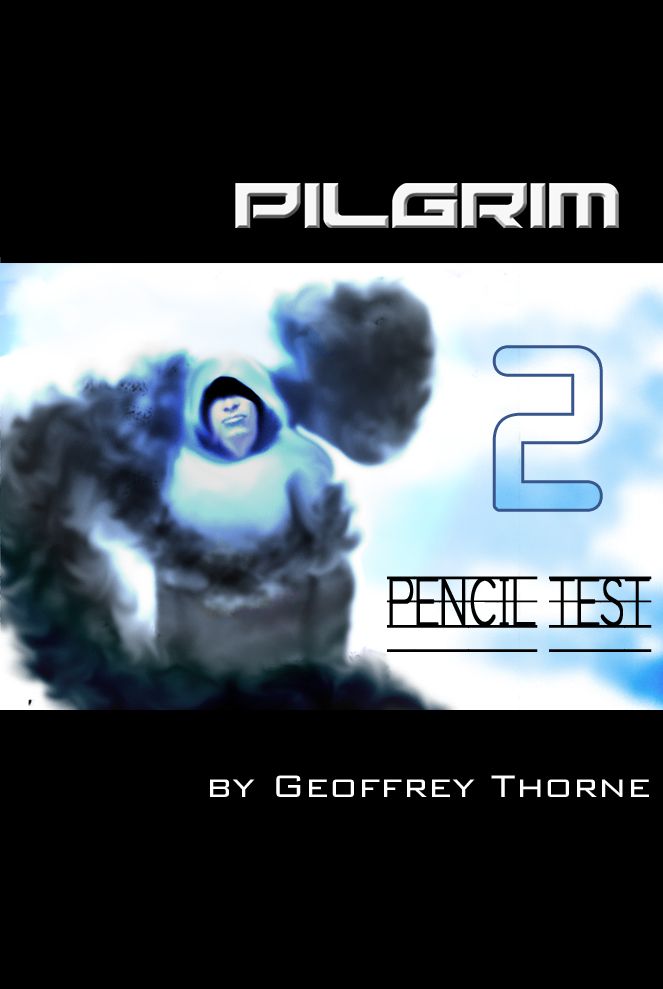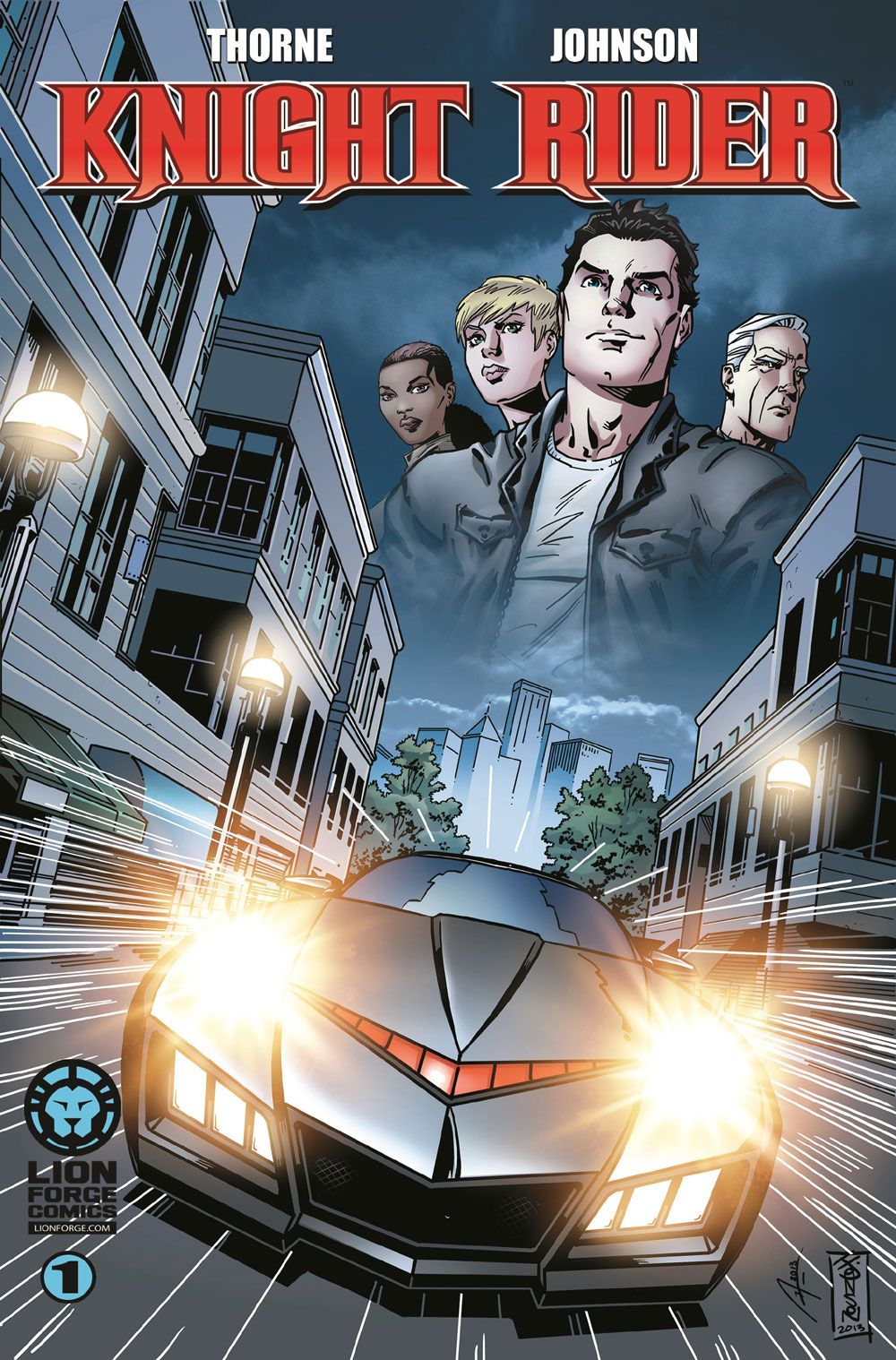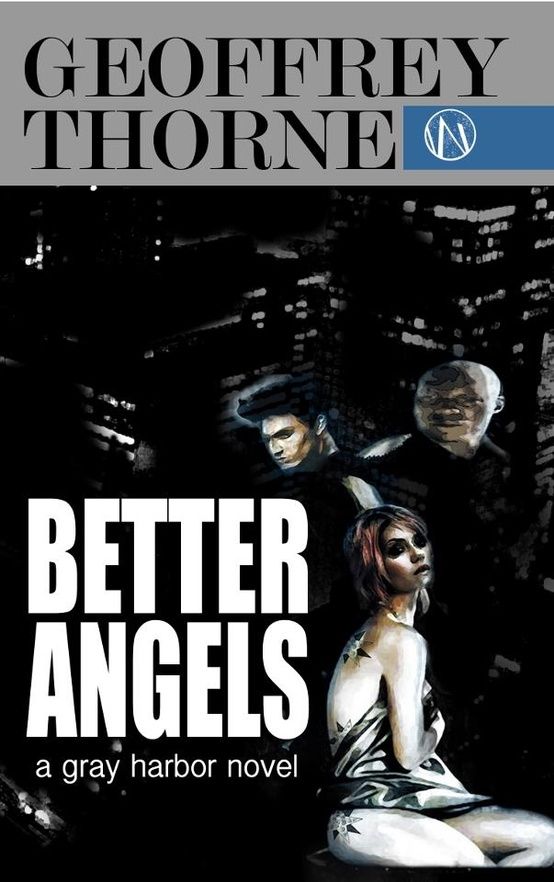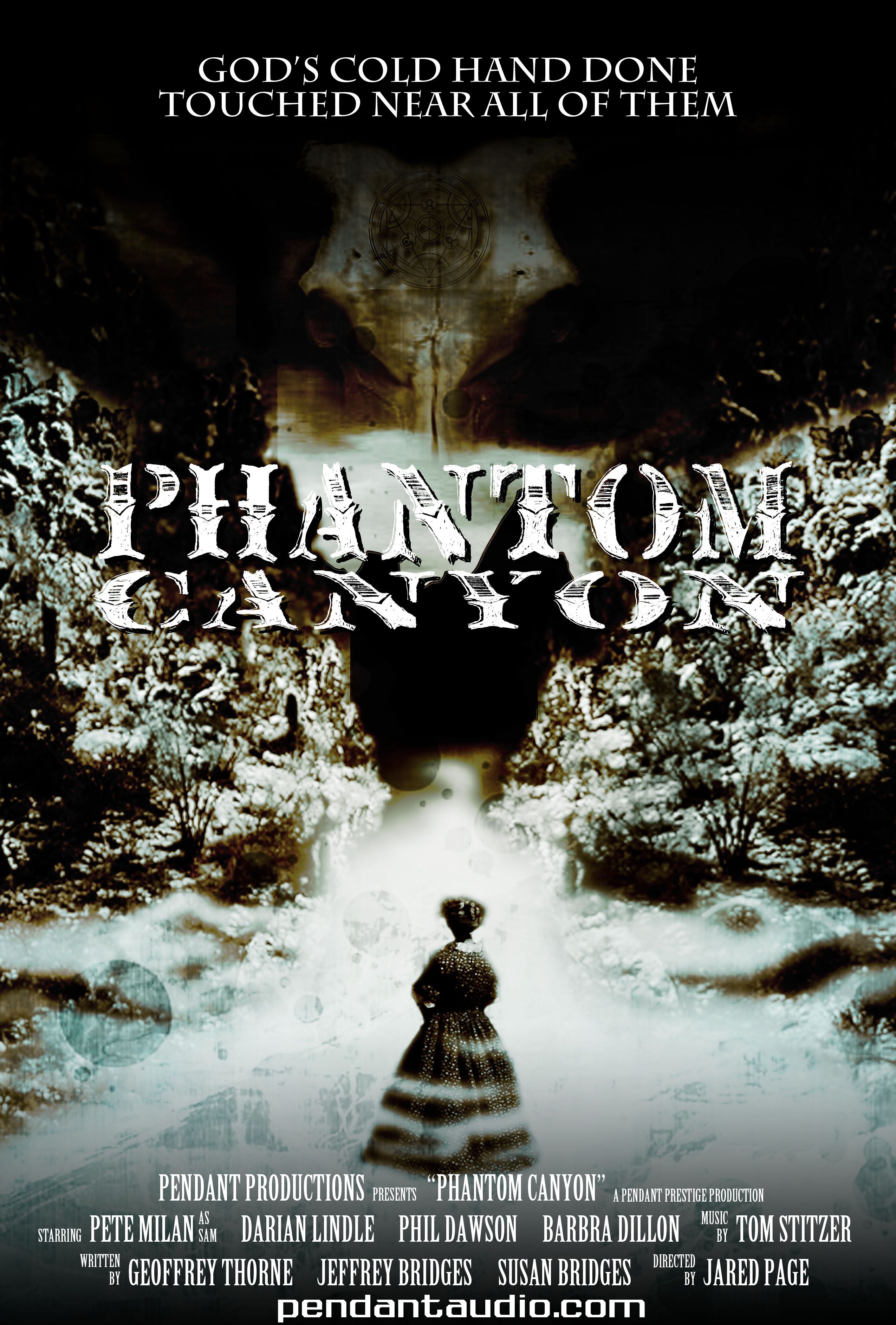THE COLOR BARRIER is a month-long "magazine" spotlighting discussions on diversity in comic books, graphic novels, and popular culture.
The interviews, profiles, and subject matter featured will focus on men and women whose accomplishments serve to create a more informative and culturally diverse landscape of entertainment.
Geoffrey Thorne was born in the United States. After a successful career as a television actor, he began writing professionally, winning Second Prize in Simon & Schuster's sixth annual "Strange New Worlds" anthology with his story "The Soft Room." He went on to publish more stories in several media tie-in anthologies as well as the Star Trek: Titan novel, "Sword of Damocles."
His stories have appeared in "Steamfunk," "Astonishing Adventures Magazine" and "Ellery Queen's Mystery Magazine." Thorne's television work includes writing for "Law & Order: Criminal Intent," the "Ben 10" animated series and TNT's heist drama "Leverage."
Lion Forge Entertainment and NBC-Universal tapped Thorne to reboot the global fan favorite television series, "Knight Rider," in comic book form. Thorne is the co-creator of "Phantom Canyon," an audio drama from Pendant Productions set to debut this year. Thorne is also the co-founder and writing partner of Genre 19, a studio he formed with artist Todd Harris in 2008 -- and the subject of the latest installment of CBR's month-long series, "The Color Barrier."
Joseph Phillip Illidge: You started out as an actor, and transitioned to a writing career. What was the turning point for you, and did your experiences as a Black actor in Hollywood fuel the career change?
Geoffrey Thorne: I was increasingly unhappy with the sorts of scripts I was being cast to perform. The idea of what Black men could be at that time was insanely narrow, and I was neither skilled enough nor pretty enough to be the next Denzel.
After a certain point, I realized I didn't love acting enough to keep banging at that particular wall when my first, best skill had always been writing. I kept the fact that I'd been an actor a secret for ten-plus years because I wanted to be taken seriously as a writer.
Why did you choose science fiction as the genre to tackle at the beginning of your writing career?
"Choose?" Hah! Like most writers, I write the stories that come to me. Most of those have had some fantastical element to them, but not all. I have a fun story in "Ellery Queen's Mystery Magazine" that is entirely devoid of "speculative" elements.
My first exposure to your writing work was "Prodigal" Volume 1, produced under the Genre 19 imprint with your partner, illustrator Todd Harris. The fact that the book featured a duo of color was an interesting and distinctive element to me, since we don't see a lot of that in mainstream comics, especially since Marvel broke up The Daughters of the Dragon a few years ago. Was it important for you to show that model, or was it just from natural instinct? Or both?
Hmm. I'm not a political creator in the sense that I don't write, as a rule, stories designed to make some sort of point about race or gender or whatever. That sort of writing tends to bore me as a reader, unless the writer is at Harper Lee level.
I do feel both of the Big Two are missing the boat (DC far more than Marvel) when it comes to "diversity" but I also realize that they never promised diversity and don't owe it to anyone. They will do what they will do.
Since that mostly means telling stories in which the non-White peoples of the world exist in the background or as "seasoning" for the main White, straight, male heroes, it's up to those of us who want to see other sorts of stories to tell those stories.
I live in a world where heroes come in all shades, genders, sexualities, sizes, faiths and nationalities. Villains, too.
If that's my real world, my imaginary world will reflect that. So, no, it's not conscious. Sometimes I write stories with no brown people in them, or with gay leads or whatever, not because I'm making a point, but because that's the world I actually live in.
How did "Prodigal" Volume 2 finds its way into Mark Waid's digital-first Thrillbent lineup?
Hm. Well. Full disclosure: My former boss and current friend, John Rogers, is Mark's partner in the Thrillbent venture. When they were doing their proof of concept, they asked me if I knew an artist who could do a visual sequence for them, just to show people what the hell they were talking about. I recommended Todd Harris, who did a really fun little thing involving Hercules and Ares (his versions) smacking each other around in some ancient Greek bazaar. When he was done, he asked me to script it.
So you could say we were in on the ground floor. Months later, John asked me what our future plans were for "Prodigal," because he and Mark thought it would be a good fit for the site.
We have big plans for "Prodigal's" Byron and Pae, and we couldn't think of better folks with whom to work, so...
How do you decide which medium is right for any given story based on one on your ideas? Why was "Prodigal" a digital comic rather than a prose series?
Todd and I formed Genre 19 because we both love comics as a medium. Both of us work very hard in our day jobs in film and TV. We weren't seeing the sorts of stories we wanted to see being made in comics, so we decided to make some together.
When I write prose stories, it's just me at the house cranking out notions that appeal to me.
You're writing for radio now. Do you consider radio the ultimate test for a writer?
Well, it's wicked hard, I'll say that. Each medium has its own rules and challenges. My partners on this are old hands at it, so it was like having training wheels.
We've spoken at length about the need for consumers of color, the ones who care about this, to give up on the desperate hope that the top two comic book publishers will hire a respectable amount of writers of color. The elimination of that emotional crutch will lead to less disappointment, and possibly open consumers' minds to seeking out and purchasing independent works by writers of color. History proves that change is, in part, brought about through the continued applications of pressure. So should the consumers give up, or press on?
Oh, always press. Just understand the difference between useless whining and actual pressing. What corporations understand is money. They don't give a toss about blog posts or combative questioners at conventions. Clearly.
You vote and make change by the strategic application or withdrawal of money. Buy the products you want and withhold money from those companies that don't produce said product. And say why you've done so in both cases.
But this isn't politics. It's business. At least, we're all pretending it's only business.
Who is your favorite superhero, and why?
Wow. Not sure I have one anymore. The obvious thing to say would be Priest's "Black Panther," right? That's expected. He's up there, I guess but, honestly, that hero probably hasn't been written yet. Grendel?
I loved Misty and Colleen. And Milestone's Shadow Cabinet.
I mostly don't go in for the planet lifters. I like the folks who can hang with the supers without having powers of their own.
Wait. No. Oracle. She was, hands down, the most heroic super hero in the history of either company, and taking her out of that chair so she could be just one more Bat clone was a huge editorial mistake. Oracle. Miss you, baby.
Who is your favorite real-world hero, alive or deceased, and why?
I don't have heroes in the sense I think you mean. There are people I admire for various reasons. Ursula LeGuin. Dwayne McDuffie. Jim Henson. Carl Sagan. John Sayles. Octavia Butler. Alex Dumas. Mostly writers. Matt Henson was pretty damned cool. Ben Banneker.
I like smart, creative, decent people who don't take "no" for an answer and try to leave the place a little better than they found it.
Have you ever considered becoming a teacher, and helping to sharpen the minds and skills of the next generation of writers of color?
I wouldn't know how to start teaching, or if there's anything I know well enough to be confident I wasn't steering someone wrong. And I'm impatient with people who don't do their utmost. Most students would probably hate me. My mother and grandfather taught school.
Hm. Now, I have to think about it. Damn it.
What can you say about your small press The Winterman Project, and its purpose?
My massive delusion? Well, it's something I started with a friend of mine (who has since bailed out because he sucks) which was meant to be a way of publishing both my own works and those of folks I enjoyed.
I think, in modern times, a well-rounded writer should self-publish and chase the more traditional deals with publishers in equal measure.
Winterman lets me do what I want without worrying about pleasing an editor. Sometimes that's good for you, just as having an editor is good. Options. Always make more options when you can, right?
You're writing a "Knight Rider" adaptation for Lion Forge Comics. Tell us about the experience of working with them on such a well-known intellectual property.
It's fun. The Lion Forge guys and the folks at NBC/Universal basically let me strip the thing down to the pins and reboot it. It's not the 1980s version. I doubt I'd have written that had I been asked. Nothing against it, obviously, but I'm basically an anti-nostalgia person so my idea is always, "How do I tell a story that can appeal to a modern audience of folks who may not even know there was a TV series?"
And, of course, not to stick a thumb in the eye of the diehard fans of the original. Sort of a tight rope walk, I guess, but I'm doing my best to stay upright. I imagine the sales must be good because they're letting me continue the story beyond this first arc. I'll stick with it as long as they let me.
The core fans are... volatile... which is good and bad. Mostly good. So far they seem mostly pleased with this version which is, currently, a bit different from the original.
Since you regularly drop new projects, can you tease the next one or two you have in the works?
Well... Probably first up will be "Phantom Canyon," the audio project I created with Jeffrey and Susan Bridges of Pendant Audio. Western Horror set in the 1800s. That'll be on Audible, just like the big boys and girls.
I'm currently running "Pilgrim," a comic I'm drawing and writing, on webcomicsnation.com. It's free for now. Modern. Magic. Urban.
Todd and I have several projects in the works, some we can't talk about. We did "Menthu: Scarab vs Bull" for Robert Roach last year which you should see this year. And, of course, "Prodigal: The Pandora Intelligence" will appear on the Thrillbent site later this year as well. And a superhero project is in the works that we still can't discuss.
If a young person came to you for advice on starting a writing career, which medium would you suggest for his or her debut? Prose or graphic novels?
I'd need to know what they've already written, which medium they already lean towards. Breaking into comics as a writer is probably the one I'm least likely to recommend because it's a visually driven medium and the writing slots at the "major" companies are... well... let's say they aren't in the business of handing them out to most of us.
I "broke in" writing Star Trek fiction. If you're good at prose I recommend it because it's the least crony, race, age or gender biased of the group. The prose world has some issues, yes, but it's way out in front of the others when it comes to a flat field. With a prose story no one knows anything about you but the quality of your work, meaning the field is as flat there as it's going to get. I'm in favor of flat fields.
With the others there is a social component that I find distasteful as it requires the application of schmoozing skills (of which I have none) and, worse, is limiting, both in terms of access for new writers and in terms of the quality of the eventual output. But that's another soapbox. Bottom Line: all the venues are bumpy rides for different reasons. Get in where you fit in.


